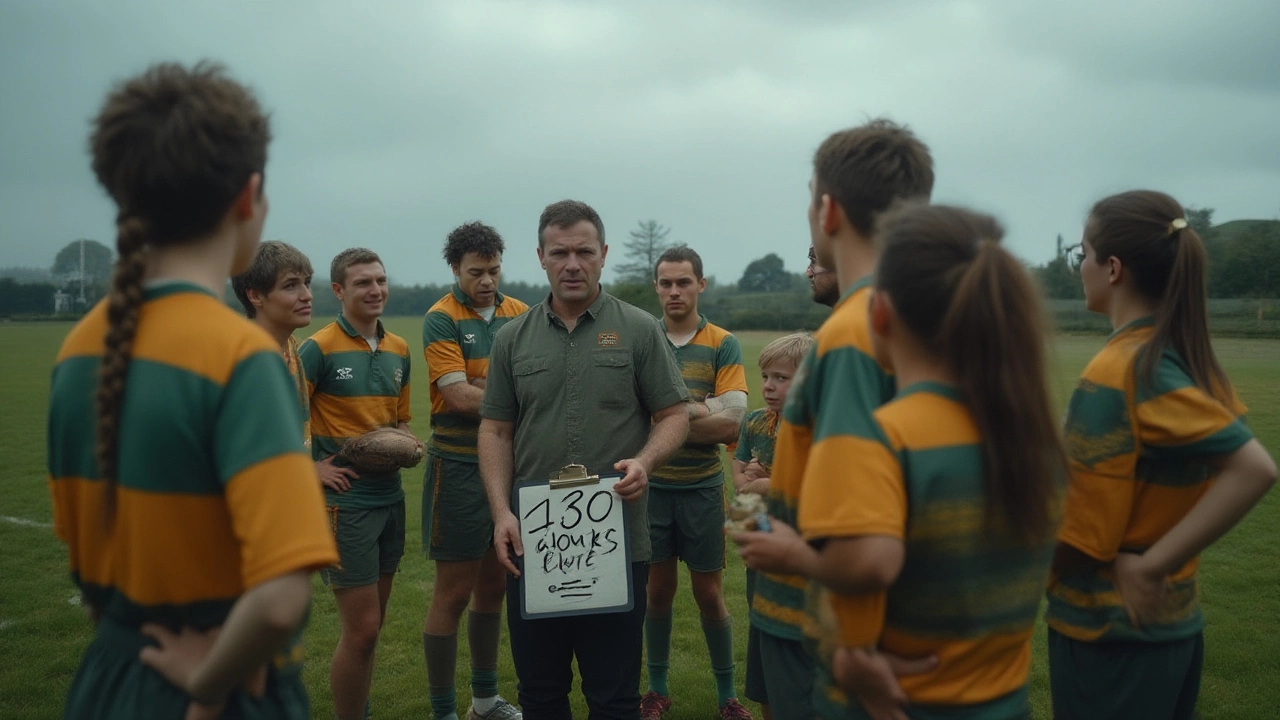
Player Eligibility – The Basics You Should Know
Ever signed up for a league or tournament only to hear you’re not allowed to play? That’s a player eligibility issue. It’s the set of rules that decide who can compete, when, and where. Knowing the basics saves you time, money, and disappointment.
Eligibility isn’t one‑size‑fits‑all. Every sport, country, and even each competition can have its own checklist. Some common factors are age limits, amateur versus professional status, residency, and required documentation. Let’s break down each piece so you can figure out your own spot on the field.
Age and Level Restrictions
Most youth leagues set a clear age bracket – Under‑12, Under‑15, and so on. If you’re a few months over the limit, you’re usually out. Senior or master categories work the opposite way, often requiring you to be 35 or older. Check the official rulebook or the event’s website for the exact cutoff dates; they’re often based on the season start, not the registration date.
A lot of schools and colleges also have eligibility windows tied to academic years. Miss a semester and you could lose a year of play. If you’re juggling school and sport, make sure your enrollment status matches the sport’s requirements.
Amateur vs. Professional Status
Many amateur leagues ban anyone who’s ever earned money from the sport. That includes sponsorships, prize money, or contracts. If you’ve played professionally, you’ll need a clearance letter from the governing body to prove you’re back to amateur status – sometimes called a “re‑instatement” form.
In contrast, pro leagues often have salary caps, transfer windows, and contract clauses that affect eligibility. If you’re moving between clubs, double‑check that the transfer paperwork is filed before the next match. Missing a deadline can sideline you for an entire season.
Residency and citizenship also matter. Some national competitions require you to be a citizen, while others accept residents who have lived in the country for a set period, like three years. Keep a copy of your passport, visa, or residency permit handy – officials will ask for it during registration.
Medical clearance is another common hurdle. A recent injury or health condition might need a doctor’s note confirming you’re fit to play. This protects both you and the league from liability. If you’ve had surgery, schedule a check‑up well before the registration deadline.
Documentation can be a pain, but it’s the easiest part once you know what to collect. Typical items include:
- Proof of age (birth certificate or passport)
- Proof of residence (utility bill or rental agreement)
- Medical clearance form
- Amateur status statement or release letter
- Signed registration form
What if you’re unsure about a rule? Most governing bodies have an eligibility officer or a FAQ page. Send a quick email with your details – they’ll confirm whether you meet the criteria. It’s better to ask than to show up on game day and be turned away.
Lastly, stay updated. Rules change every few years; a new age bracket or a revised residency requirement can sneak up on you. Subscribe to the league’s newsletter or follow its social channels for announcements.
Bottom line: player eligibility is all about matching your personal details to the competition’s rulebook. Check age, status, residency, and paperwork early, keep records tidy, and confirm with officials if anything feels fuzzy. Do that, and you’ll spend more time playing and less time worrying about paperwork.
